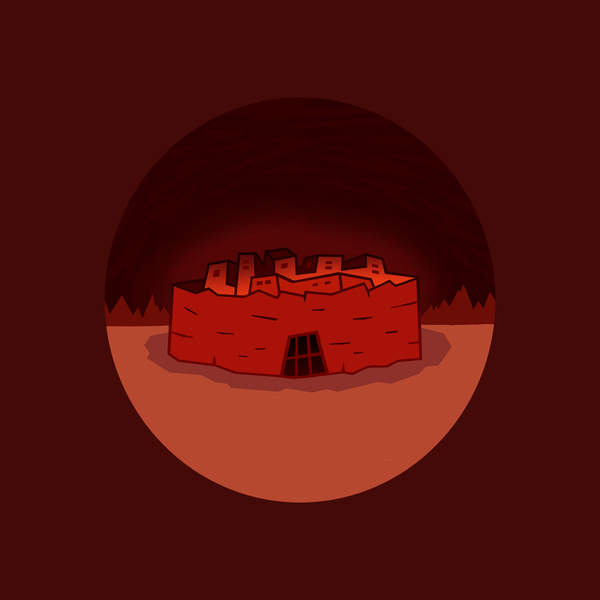
A Symptom of Human Violence
As the story of the Bible unfolds, humanity grows more and more violent. Cain is more violent than his parents, and his descendants are more violent than him. In this episode, Tim and Jon discuss Lamech, Cain’s far more murderous descendant, and humanity’s escalating violence that prompts God to flood the earth.
A Symptom of Human Violence
--:--
Episode Chapters
Scripture References
Genesis 2:18Genesis 1:3-2:17Genesis 3Genesis 4Genesis 6-11Genesis 4:17-18Genesis 5:28Genesis 4:19-22Genesis 4:23Genesis 4:24Genesis 4:15Genesis 4:17Genesis 4:18-22Genesis 1:28Genesis 4:25-26Genesis 5Genesis 6:1-4Genesis 6:9Genesis 3:8Genesis 6:10Genesis 6:11-12Genesis 6:13Genesis 6-9Genesis 4:3-5Genesis 3:17Genesis 4:11Genesis 9:8-112 Samuel 6
Referenced Resources
Interested in learning more? Check out Tim's library for a list of recommended books and other resources.
Get the BibleProject app for access to our entire library of resources in one place.
Show Credits
- “Defender (Instrumental)” by TENTS
- “Organized Religion” by Beautiful Eulogy
- “She Won’t Say” by Psalm Trees & Guillaume Muschalle
- “Forever Tired” by Psalm Trees & Guillaume Muschalle Show produced by Cooper Peltz with Associate Producer Lindsey Ponder, Lead Editor Dan Gummel, and Editors Tyler Bailey and Frank Garza. Mixed by Tyler Bailey. Podcast annotations for the BibleProject app by Hannah Woo. Powered and distributed by Simplecast.